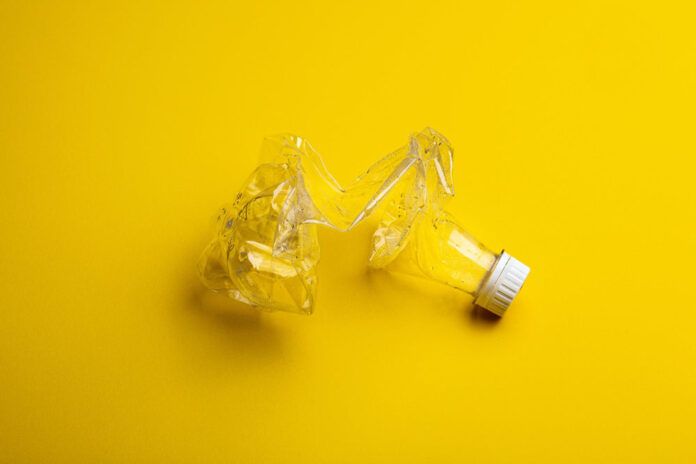If we change some of our everyday habits, we can reduce our carbon footprint and protect the environment. As part of its 2030 Agenda, the UN has set out 17 Sustainable Development Goals. There are 10 decisive years ahead of us in which to work towards a better world. So, there’s no better time to start creating more sustainable habits than right now at the start of this “Decade of Action”. If you’re not sure where to start, the 5 Rs of sustainability can show you the way.
1. Refuse
As consumers, we all have an opportunity to send a message to the brands who want to sell us their products. One way to do this is to show a preference for products with recyclable packaging, for example. By showing companies that we want more respect for the environment, we can stir them into action to make their brands more sustainable.
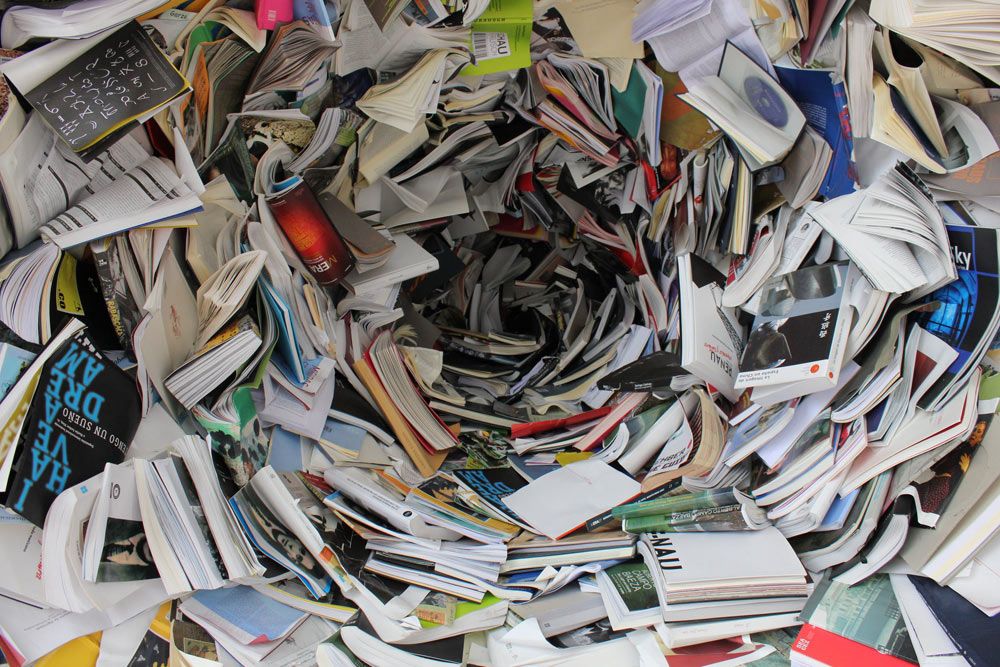 The first R of sustainability also requires us to reflect before we say ‘yes’: do we need all the products we are given, even when this is free of charge? A plastic bag, a printed document which could have been sent electronically, promotional gifts – these are all things we sometimes accept without thinking about whether we need them. It is often better to refuse what we are offered and so to minimize waste.
The first R of sustainability also requires us to reflect before we say ‘yes’: do we need all the products we are given, even when this is free of charge? A plastic bag, a printed document which could have been sent electronically, promotional gifts – these are all things we sometimes accept without thinking about whether we need them. It is often better to refuse what we are offered and so to minimize waste.
2. Reduce
The second of the 5 Rs is ‘reduce’. In our day-to-day lives, this means doing things slightly differently, such as printing double-sided instead of only on one side, taking short showers instead of baths, or using cloth bags instead of plastic bags. We can even reduce the distance between us and the products we buy, by using local shops and buying local products, instead of buying things which come from the other side of the world to reach us.
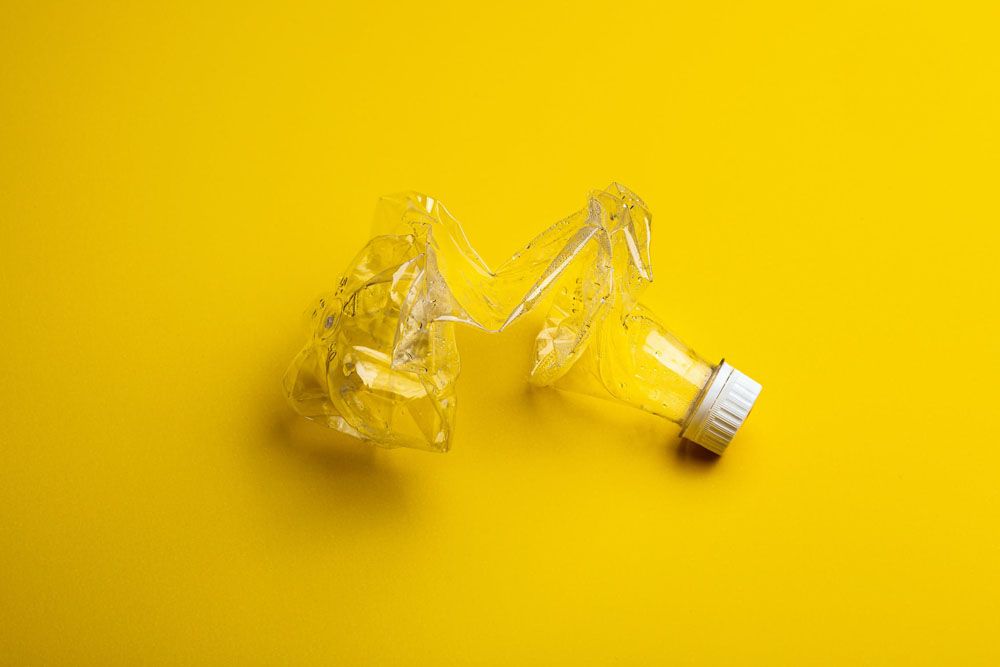 To make this R of sustainability a reality, we have to ask ourselves again about how much we really need the products we buy. We should also think about
To make this R of sustainability a reality, we have to ask ourselves again about how much we really need the products we buy. We should also think about
changing the way we shop: why not go to shops where items are sold loose, instead of things which come pre-packaged?
Some industries are already undergoing a change in the model of consumption. The fashion industry, for example, is moving away from the fast fashion era to one of slow fashion. Consumers are showing less interest in seeing shop windows changing to show new products every week as they start to favour more environmentally friendly ways of shopping.
3. Reuse
The third R of sustainability is all about prolonging the life of products we’ve bought by finding new uses for them. Of course, to some extent, we’ve all been drawn into the habits which make up our “throwaway” society. We but things, use them, dispose of them and then get new ones without even thinking about whether we could give the things we use a second chance. A straightforward example of how to put this R into practice is to keep glass jars after we’ve consumed the products they contain – we can still use them to store other things.
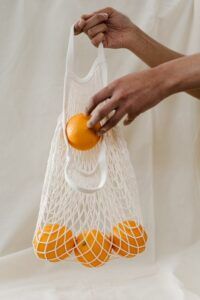 More and more people are using second-hand clothing. In addition to prolonging these clothes useful lives, it’s a good way to save money while mitigating the major environmental impact of the textile industry.
More and more people are using second-hand clothing. In addition to prolonging these clothes useful lives, it’s a good way to save money while mitigating the major environmental impact of the textile industry.
As the reuse of items becomes more and more widespread, we will be able to see how this contributes to protecting our planet.
4. Repurpose
For the fourth R of sustainability, we may need some ingenuity and creativity, in order to find a different kind of use for used products. For example, a simple cardboard box can become a treasured toy for a child with imagination. Empty tins can become plant-pots and you can make delicious Spanish torrijas from stale bread!
We could also try to repair items instead of automatically getting rid of them as soon as they no longer work. And if we can’t find a new purpose for them, maybe we can still re-use some of the materials the item is made of.
If you’ve got an interesting idea for how to repurpose things, please tell us about it. The members of the CEU UCH Ecology Club would be delighted to hear about from you!
5. Recycle
By recycling, we can reduce the deterioration of our planet. Although this R of sustainability may not be enough on its own, the benefits of recycling are clear and well worth the effort it requires of us at an individual level. Many types of waste can be recycled: plastics, cans, paper, cardboard, glass, batteries, clothes, lightbulbs, white goods, etc.
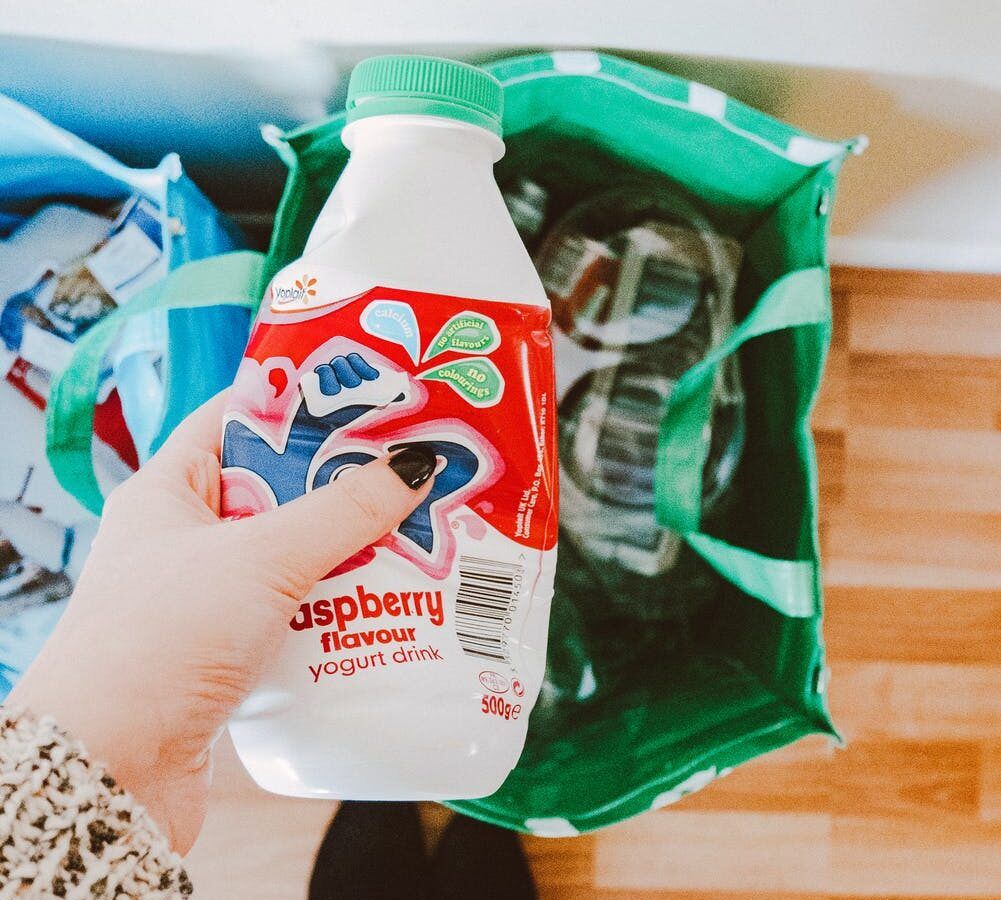 It’s important that we deposit each type of waste in the right place. More and more of the products we buy have information on the label about how they should be recycled. Recycling is a part of the circular economy, which is all about minimizing the use of raw materials and taking full advantage of the resources we already possess. Recycling is less costly than making a new product from scratch. And it’s also a good way to save water and energy. Reducing the quantity of plastics we use is one the most important environmental challenges we face. By trying to put the 5 Rs of sustainability into action, we can make a contribution to this challenge every day of our lives. Are you ready to play your part in the Decade of Action?
It’s important that we deposit each type of waste in the right place. More and more of the products we buy have information on the label about how they should be recycled. Recycling is a part of the circular economy, which is all about minimizing the use of raw materials and taking full advantage of the resources we already possess. Recycling is less costly than making a new product from scratch. And it’s also a good way to save water and energy. Reducing the quantity of plastics we use is one the most important environmental challenges we face. By trying to put the 5 Rs of sustainability into action, we can make a contribution to this challenge every day of our lives. Are you ready to play your part in the Decade of Action?
Read more about Sustainability habits: How to become a “greener” student



